Offer emotion to your customers.
To do this, we create your communication territory.
A communication territory is about selling who you are, not what you do !
Because what you do, your business, service or product, so do a thousand other competitors. And they will all claim to be the best. So good luck differentiating yourself! If you choose this path, all you have left to do to try to stand out from the crowd is to be the cheapest. A bit reductive, isn’t it?
Your target audience is interested in who you are. Your difference. Your vision for your business.
This is what we put forward through a solid communication territory.
You then have multiple selling points that naturally invite your customers and prospects to buy your products and/or services for what they are and not just for their price.
Of course, there is no foolproof recipe. Each case is unique. But there are some basic principles in our methodology.
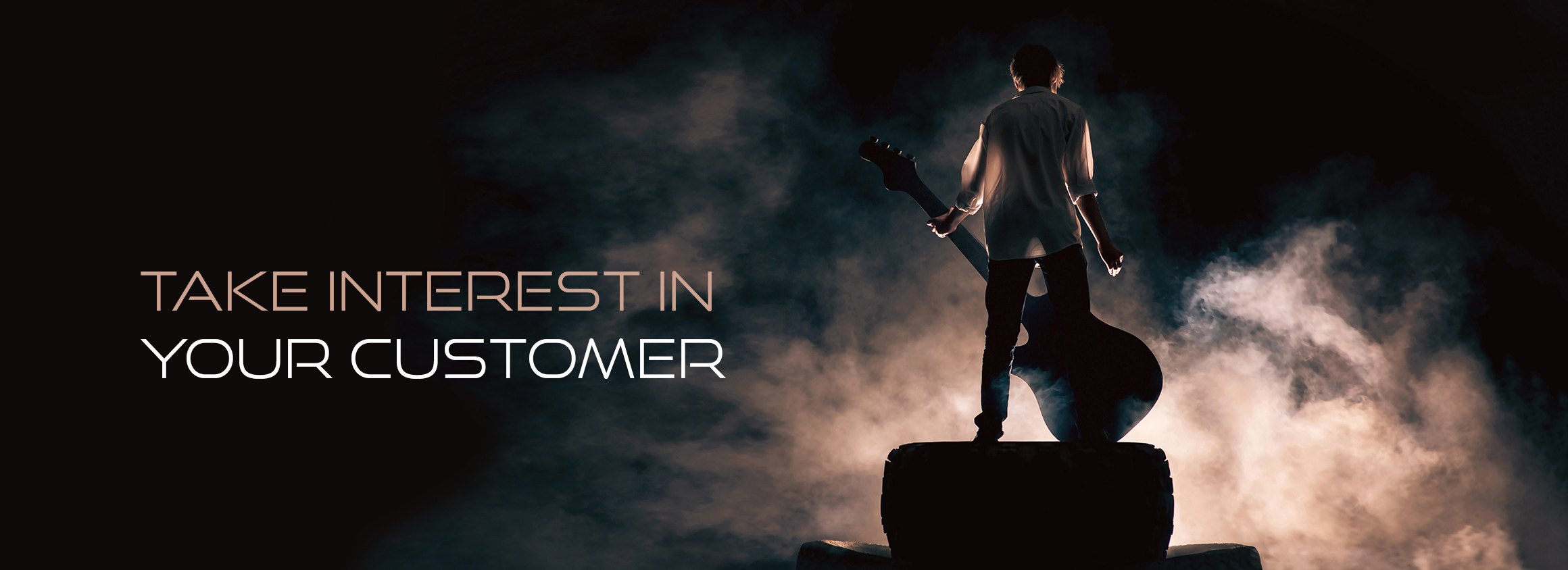
You have an entirely new, superbly performing, totally original product or service and you want to tell your prospect about it. But don’t expect them to care about it at first.
What interests him is:
What’s in it for him? Time? Money? Social status? Self-esteem? In short, is he going to progress thanks to you?
If you have interested him enough, even intrigued him, if he believes that you can really give him something, he is ready to listen to you. And then you can tell him about yourself.

To illustrate the creation of emotion, I will tell you the story of the blind man in New York.

On the pavement of a busy New York street, there is a man, blind and homeless. He begs with a sign that reads ‘Blind’.
One morning, a man approaches him and, while putting some coins in his jar, says: “Do you mind if I change the word you wrote on your card? The blind man replied that he could write whatever he wanted and thanked him for the coins.
Two days later, the same man passed by again in the same street. The blind man is still there, but smiling more. The man approaches and asks him how he is.
The blind man, recognising his voice, replies: “I’m fine. I don’t know what you wrote on my card, but for the last two days people have been stopping to say hello.
They are very kind to me, and much more generous. Tell me, what did you write on my card?”
The man replied: “Before, you wrote ‘Blind’. I replaced that word with the little phrase ‘Tomorrow will be spring, and I won’t see it’.”
Blind = information
Tomorrow will be spring, and I won’t see it = communication
In order to convince, we are tempted to use a rational and logical discourse. This is not useless. But if human beings were rational and logical, they wouldn’t smoke, they wouldn’t screw up the planet’s resources with unbridled enthusiasm, and the contestants on ‘Reality TV Angels’ wouldn’t be stars.
We don’t work like computers.
Even scientists now admit that emotions are an integral part of our ideas, beliefs and values and that they determine much of our behaviour.
In fact, they shape many of our decisions, learning and memories. In fact, since the 1980s, there has been increasing talk of emotional intelligence.
I am always surprised when an advertiser says to me: “my product is top quality” or “our services are very efficient” or “our teams are always ready to listen to you”.
I always feel like answering: “that’s all I need, that your product is rotten, or your services are sub-standard or that your teams send me packing when I ask a question”. That’s the minimum.
Today, the public expects much more than a good product or a good service. Some brands have understood this and offer something else: inspiration.
Apple’s message is not “We make high-tech, well-designed, easy-to-use devices”. Other brands do more or less the same thing. What they are saying is: Every time we embark on a new venture, we believe strongly in challenging the status quo. Nothing is static, everything has to be challenged and you always have to find a different way of thinking, you have to be in perpetual action.
Does this inspire you? Are you ready to join? Welcome to our world. Think Different.
What Nike says is not: “We make innovative and well thought-out sports equipment”. What the brand says is: Sport is hard, it’s demanding, it’s suffering… But everyone can excel, everyone can achieve, everyone can change their history and even history itself. You wanna do it? Just do it! That’s why Adidas is a great sports equipment brand and Nike is a legend.

We all wish we had all the qualities. Personally, I would have loved to have Scarlett Johansson’s looks, Steve Job’s creativity, Dr House’s intelligence, Tom Ford’s class and Keith Richards’ health. Unfortunately, you can’t be everything and its opposite. For a brand, it’s the same thing.
No one will believe that you are both classic and original, industrial and natural, sophisticated and casual, popular and exclusive, the highest quality and the lowest cost.
If you try to please everyone, you will not convince anyone.
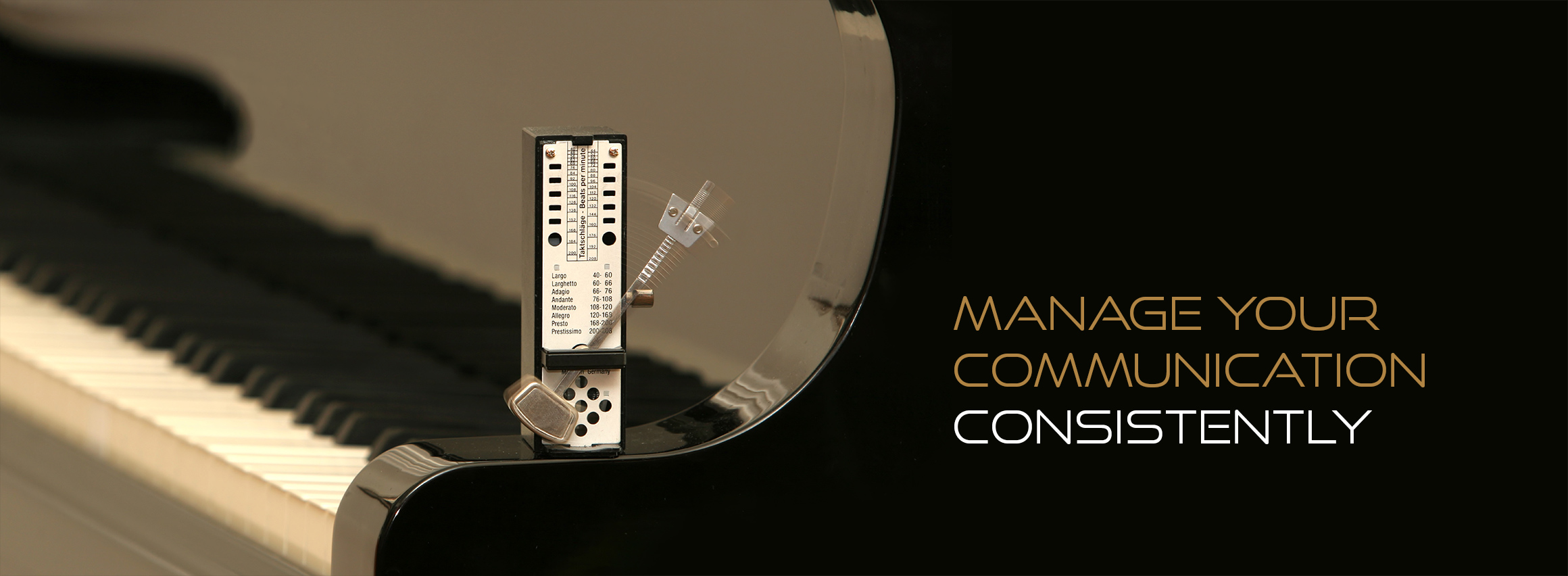
Running a business is not a smooth ride. Neither is managing its communication. An image is built. Rome wasn’t built in a day. Neither were Nike, Apple, Microsoft or Danone. It takes time, it obviously assumes that you have made the right choices and, above all, it requires consistency.
Once you have determined your communication territory, keep it. Especially as you will have plenty of good reasons to give up along the way.
A few examples...
Your wife doesn't like...
... or your husband, your child, your friends or even some of your staff.
So what? By definition, they cannot be impartial. They are too involved and do not have the necessary distance. Listen to them, but it is not their job to make decisions for you. Besides, your communication is not aimed at them, but at your prospects and customers.
Benetton exploded onto the fashion market with shocking and deliberately provocative advertising. It was communication that made the brand phenomenally successful. However, everyone was scandalised by these ads, from the Vatican to the shop employees.
Not only did the management stay the course, they persevered! And the customers followed.

Your brand is not taking off fast enough...
"Consistency and perseverance are the two key words for a successful long-term communication campaign.
In the early sixties, Marlboro decided to focus its communication on a cowboy who lives in an ideal world: Marlboro Country. Marlboro Country later gave rise to a whole range of clothing called Marlboro Classics.
At the time, the brand was number 15 in world sales. It would become number one… 12 years later.
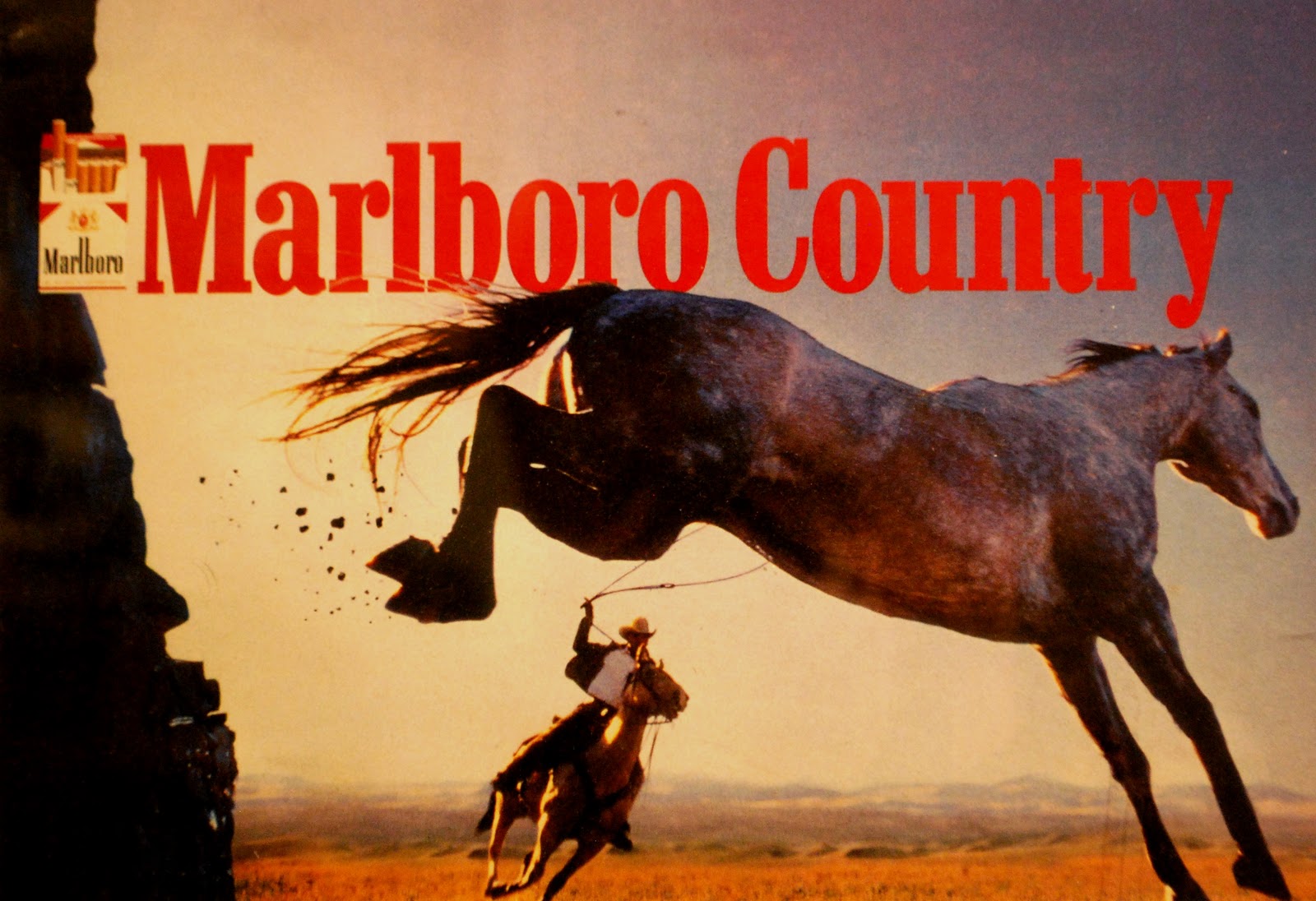
You like the communication of your main competitor...
... so you are tempted to do the same.
You can always learn from others, especially if they are in the same business as you. But copying another brand’s communication is always suicidal.
First of all, as it is the first historically, it is the reference. So by doing the same communication, you are working for them. Secondly, the best thing that can happen is that you become a ‘me too product’, a pale copy, a follower. And who remembers the copy?
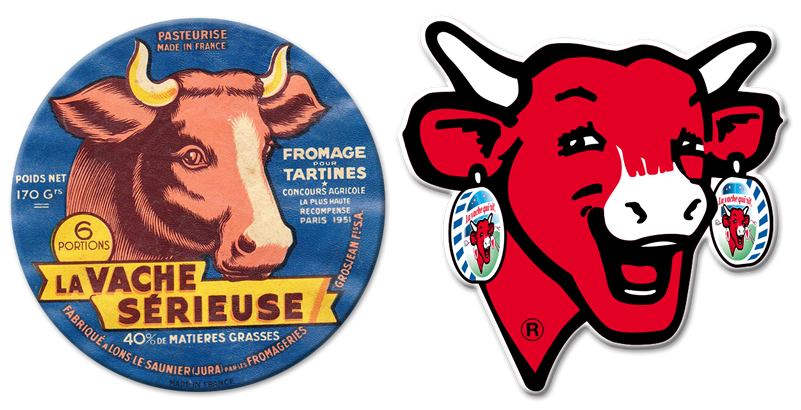

Your company has qualities, talents and the will to do well. Like all companies. It also has weaknesses, there are things that could be improved. Like all companies. In your market, it is not the only one. It is not necessarily the first, it may not be the favourite, a priori. And it may not even be the best, not yet…
So we make sure:
it is different,
that it is unique,
that she is the one who is not forgotten.


